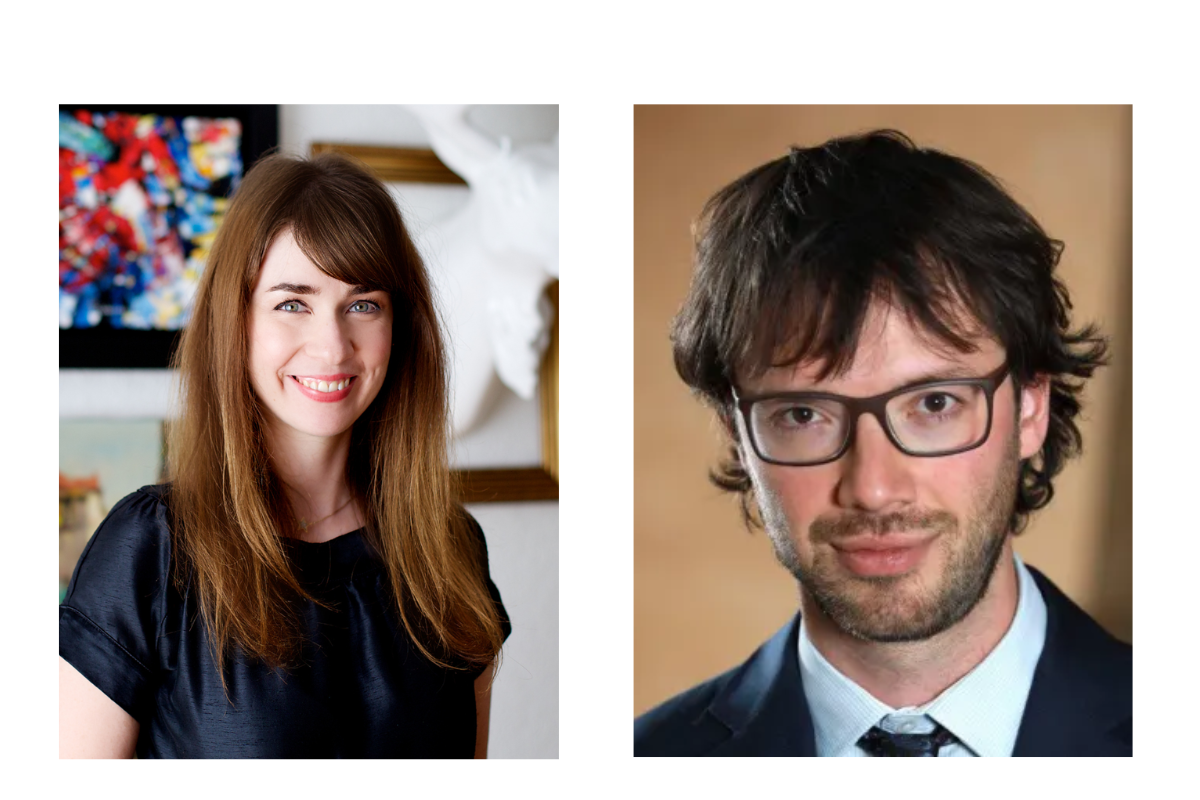Through a special agreement between the Civil Law Section of the University of Ottawa’s Faculty of Law and the Faculté de Droit, de Science politique et de Criminologie of the Université de Liège, Professor Mariève Lacroix has been awarded a new collaborative research chair which will be mirrored at the Université de Liège under the stewardship of Professor Frédéric Bouhon. The Chaire-miroir Ottawa-Liège : Les droits du corps (Ottawa-Liège Mirror Chair: The Rights of the Body) will lay the foundation for a collaborative research relationship exploring public and private rights relating to the human body.
Historically, prevailing legal thought has seen the legal abstraction of a “person” – one to whom the law applies – and the physical body of that person as one and the same. But this fusion of the “person” and the “body” has become increasingly complicated in modern legal discussions as limits to a person's control over their own body have emerged within our culture and our laws. Both in Canada and in Europe the role of fundamental rights, especially the right to personal autonomy, has developed significantly in recent decades. But the concept of personal autonomy is at odds with certain legal measures that affect what one does with one’s body. Think, for example, of forced quarantining during a pandemic, or even the depravation of liberty in the name of public security. This new collaboration between Professor Lacroix and Professor Bouhon will aim to explore the tension between the right to personal autonomy and the legal rules governing control of the body – by oneself, by others, and by State authorities.

The research program to be carried out within the framework of the Chaire-miroir is built around three main pillars: the constrained body, the mutant body and the relational body. With regards to the “constrained” body, the researchers are interested in the various kinds of constraints to which a human body may be subjected. A body that is sick or handicapped, for example, may not be able to move as freely as we might expect. While a body that is incarcerated or isolated may retain all of its functions but has constraints externally imposed upon it. How does 21st century legal thought account for these restrictions on individual autonomy? How does it support those who are constrained from within, and how does it justify external constraints?
Regarding the “mutant” body, Professor Lacroix and Professor Bouhon are interested in how the body transforms. The body grows over the course of a person’s life, undergoing perpetual transformations until death. But external interventions, some deliberate and some not, may also cause significant changes to a body. Some transformations, which may require extensive surgery, are motivated in particular by the desire to improve one's appearance, or to make one's perceived gender coincide with one's sexual appearance. How does the law support or frame these mutations? And how does the law regulate questions relating to death, the body’s final transformation?
With regards to the “relational” body, the researchers will explore how the body serves as a vehicle for relationships. A person has a relationship with their own body, first and foremost, but the body is often central to the relationships one fosters with others. Even independent of any contact with others, the body is a major element of one’s identity and how one exposes and expresses themselves to the world. What obstacles does the law impose on the development of these relationships, and for what explicit or implicit purposes?
Through these three pillars, Professor Lacroix and Professor Bouhon will explore the different legal realities at play in Canada and Europe as various social, cultural and regulatory factors challenge and complicate different ideas of control over the human body. The structure of the Mirror Chair will allow for an unfettered exchange of ideas and bring new perspectives to existing issues in both regions.
Through their shared vision, the researchers hope to identify issues and advance knowledge on how the body interacts with the law, offering both theoretical considerations and practical solutions for those dealing with complex body-related questions in the here and now.
Congratulations to Professor Lacroix and Professor Bouhon! We look forward to seeing how this fascinating research program will develop.
